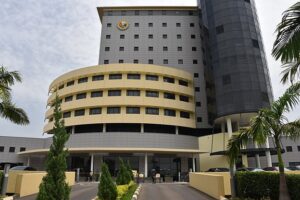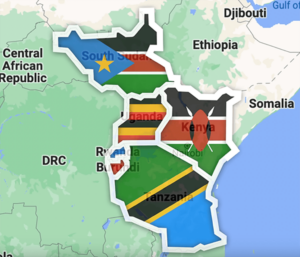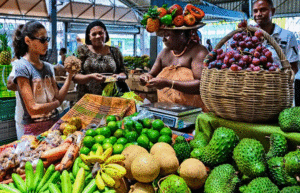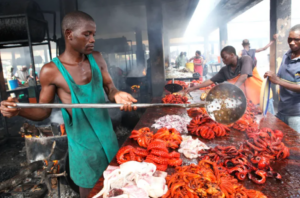Introduction
Are you embarking on a new adventure in West Africa? The region is a vibrant tapestry of diverse cultures, landscapes, and economies, with opportunities for adventure, growth, and meaningful connections. It is an enticing destination if you seek a place to call home.
Whether you’re seeking bustling cityscapes, sun-kissed beaches, or the call of the wild, West Africa offers abundant potential. But with 16 countries to consider, where do you begin?
Your choice can be subjective and depend heavily on your priorities, background, and goals. What might be an ideal fit for one person could be less than perfect for you.
Therefore, explore various West African countries with their unique pros and cons, empowering you to make an informed decision based on your specific needs. Here’s a closer look at some distinct destinations, each with its own charm and challenges:
1. Ghana
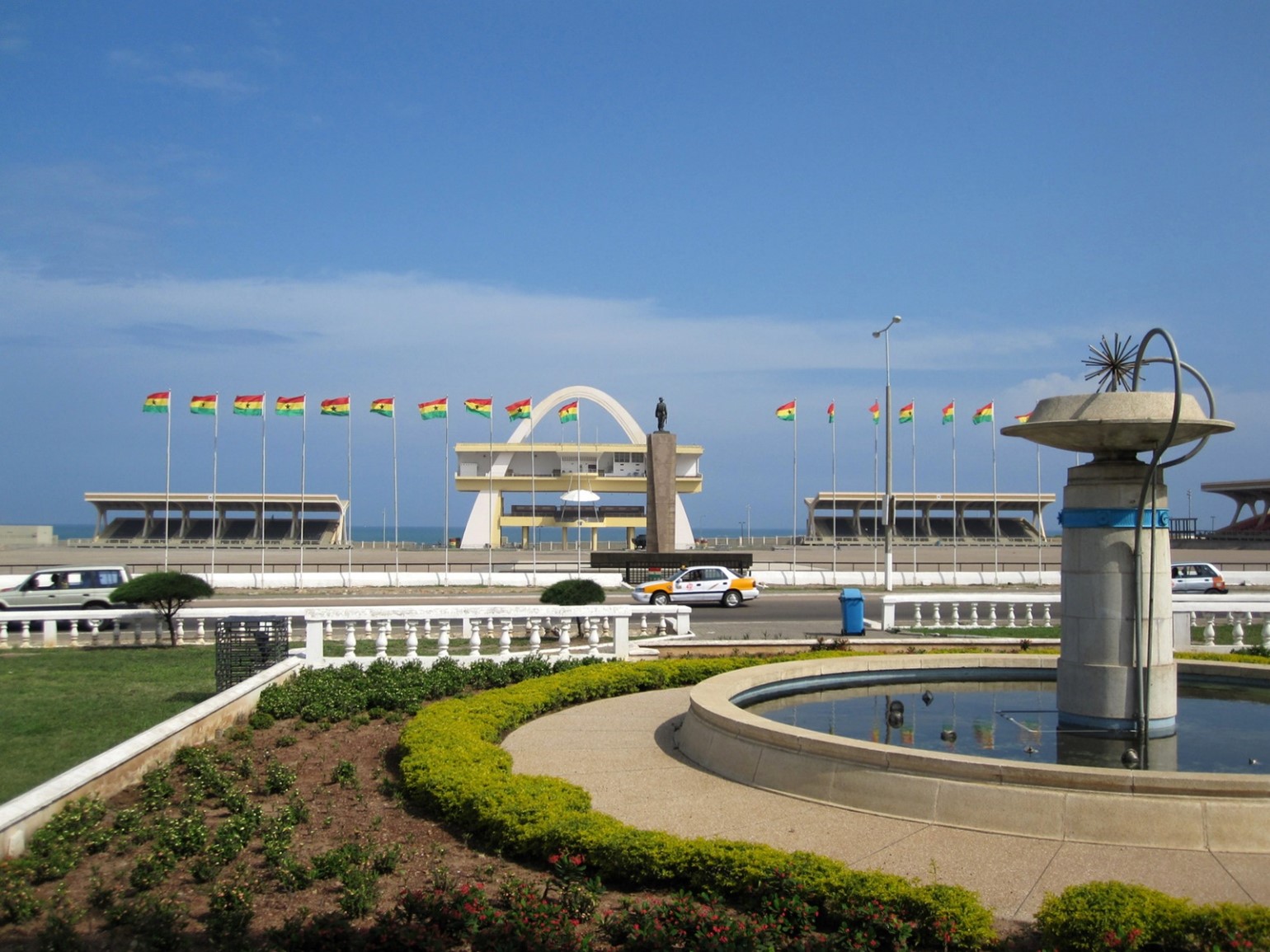
You’ll find Ghana, renowned for its warm welcome (“Akwaaba!”), stable environment, and a thriving entrepreneurial scene. Here, you discover the ease of communication and integration with English widely spoken. Picture yourself exploring the stunning coastal getaways and immersing in a rich cultural heritage.
In Ghana, you can make your mark in a place that not only beckons with stability but also embraces the spirit of entrepreneurship, making it a promising destination for your next adventure.
Pros:
- Offers a stable democracy and robust economic growth.
- Provides a diverse job market, especially in tech, agriculture, and tourism.
- Presents a relatively affordable cost of living compared to other West African nations.
Cons:
- Encounters uneven infrastructure development, impacting transportation and utilities.
- Poses bureaucratic hurdles, demanding patience and persistence.
- Varies in access to quality healthcare depending on location
- Capital: Accra
- Currency: Ghanaian cedi (GHS)
- Languages: English (official), Akan, Ewe, and others
- Economic Opportunities: Growing sectors include services, agriculture, and tourism.
- Cost of Living: Moderate, with various options for housing and amenities.
- Safety: Ghana maintains a reputation for safety, especially in urban areas.
2. Senegal

In Senegal, you encounter a serene atmosphere, pristine beaches, and a thriving art scene, setting the stage for a unique experience. With French widely spoken, you find seamless cultural immersion, particularly if you are a Francophone.
Engage in vibrant markets, indulge in exquisite cuisine, and become immersed in a profound musical tradition. Senegal invites you to directly embrace its relaxed ambiance, scenic beauty, and cultural richness, offering you a compelling environment for both personal and professional pursuits
pro:
- Ensures relative peace and political stability.
- Generates job opportunities in the hospitality and service sectors through a growing tourism industry.
- Emphasizes entrepreneurship, with government initiatives actively supporting startups.
Cons:
- Limits job opportunities outside major cities like Dakar.
- Poses ongoing challenges of poverty and income inequality.
- Limits access to quality healthcare in rural areas.
- Capital: Dakar
- Currency: West African CFA franc (XOF)
- Languages: French (official), Wolof, Pulaar, and others
- Economic Opportunities: Growing sectors include tourism, agriculture, and telecommunications.
- Cost of Living: Generally affordable, with various housing options available.
- Safety: Senegal maintains a reputation for safety, particularly in Dakar and tourist areas.
3. Côte d'Ivoire (Ivory Coast)
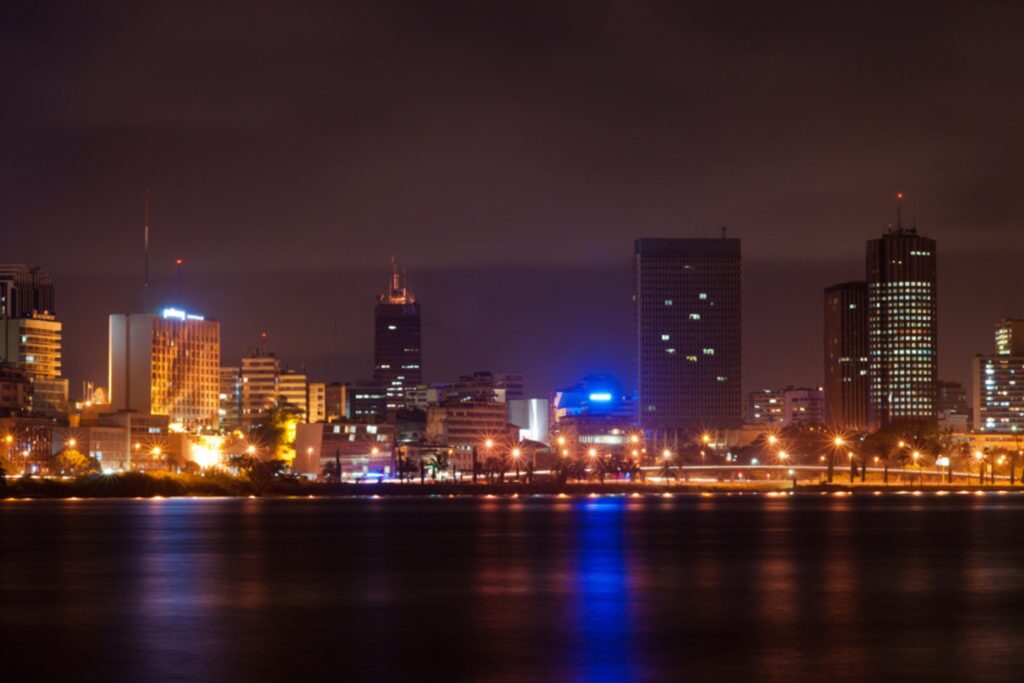
Côte d’Ivoire boasts a dynamic economy centered on agriculture, mining, and services, presenting you with diverse opportunities for professional growth. Specifically, the economic capital, Abidjan, stands out for its cosmopolitan atmosphere and a wide array of job prospects, providing you with an environment conducive to varied career paths. Immerse yourself in the rich cultural heritage of the country, characterized by vibrant traditions in music, dance, and art.
Pros:
- Fosters a growing tech sector with potential for skilled professionals.
- Facilitates communication and integration with the widespread use of French.
- Boasts relatively developed infrastructure compared to some neighboring countries.
Cons:
- Raises concerns about political instability, necessitating close monitoring of the situation.
- Presents ongoing challenges of income inequality and poverty.
- Varies in access to quality healthcare depending on location and income.
- Capital: Yamoussoukro (administrative), Abidjan (economic)
- Currency: West African CFA franc (XOF)
- Languages: French (official), Dioula, Baule, and others
- Economic Opportunities: Booming sectors include agriculture, energy, and construction.
- Cost of Living: Moderate, with various housing options to suit different budgets.
- Safety: Generally safe, with caution advised in urban areas.
4. Cape Verde
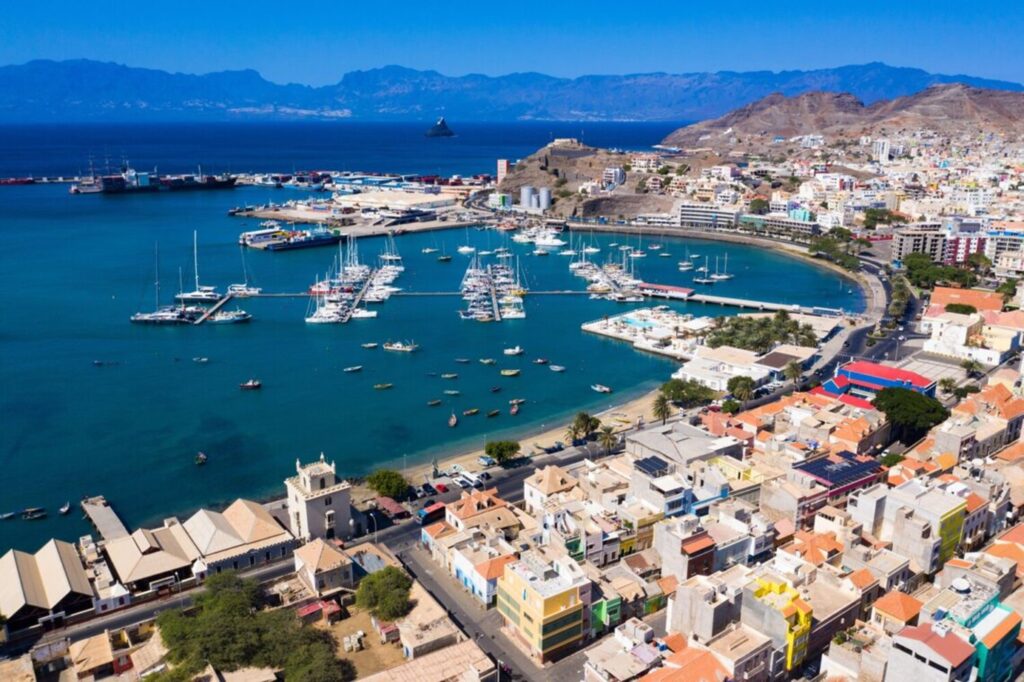
Consider Cape Verde, a destination characterized by stunning volcanic islands, beautiful beaches, and diverse landscapes that await your exploration. The stable democracy and peaceful environment make it an ideal setting for you to thrive personally and professionally.
With a growing tourism industry, there are abundant job opportunities in the hospitality and service sectors, providing you with a platform to contribute to and benefit from the burgeoning sector.
Pros:
- Provides a unique cultural experience with the widespread use of Portuguese.
- Focuses strongly on renewable energy and sustainability initiatives.
- Ensures a relatively relaxed lifestyle with friendly locals.
Cons:
- Limits the job market outside the tourism sector.
- Involves a high cost of living compared to mainland West Africa.
- Entails limited access to specialized healthcare.
- Capital: Praia
- Currency: Cape Verdean escudo (CVE)
- Languages: Portuguese (official), Crioulo and others
- Economic Opportunities: Cape Verde is emerging in tourism, fishing, and renewable energy. Opportunities abound for those interested in sustainable development.
- Cost of Living: Living costs vary among the islands, providing diverse housing options for different budgets.
- Safety: Cape Verde is considered safe for expatriates, contributing to a peaceful atmosphere.
5. The Gambia
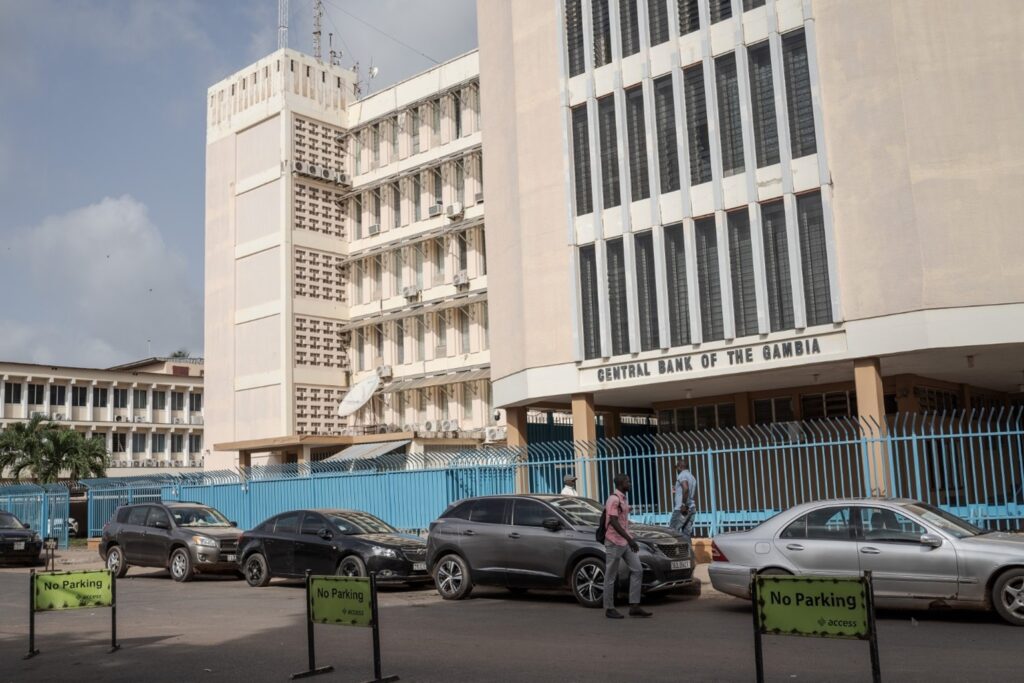
The Gambia is known for its laid-back atmosphere and pristine beaches that create an ideal backdrop for your personal and professional pursuits. With English as the official language, communication, and integration become seamless for you.
The growing tourism industry in The Gambia opens up opportunities in the hospitality and service sectors, presenting you with avenues to contribute to and thrive within this dynamic sector.
Pros:
- Maintains a relatively affordable cost of living compared to other coastal West African countries.
- Welcomes and engages with a friendly local population.
- Focuses increasingly on ecotourism and sustainable development.
Cons:
- Limits the job market outside the tourism sector.
- Raises concerns about political instability in recent years.
- Impacts transportation and utilities with uneven infrastructure development.
- Capital: Banjul
- Currency: Gambian dalasi (GMD)
- Language: English (official), Mandinka, Fula, and others
- Economic Opportunities: The Gambia offers prospects in agriculture, tourism, and services for expatriates seeking varied opportunities.
- Cost of Living: Known for affordability, The Gambia provides budget-friendly housing options.
- Safety: Considered relatively safe, The Gambia’s friendly locals enhance its appeal to expatriates.
6. Nigeria

You’ll love Nigeria for its vibrant culture, abundant natural resources like bauxite and gold, and promising economic opportunities. As you explore, the low cost of living makes it a perfect destination for budget-conscious individuals like you. Dive into rich traditions, enjoy the dynamic tech industry, and discover the wealth of opportunities waiting for you in Nigeria.
Pros:
- Embrace Cultural Diversity
- Enjoy a Low Cost of Living
- Explore Abundant Natural Beauty
- Tap into Economic Potential
Cons:
- Navigate Infrastructure Challenges
- Address Security Concerns
- Encounter Low Healthcare Standards
- Capital: Abuja
- Currency: Naira (NGN)
- Language: English (official), hundreds of indigenous languages (Yoruba, Igbo, Hausa most common)
- Economic Opportunities: Diverse across sectors; strong in oil & gas, finance, agriculture, technology, and entertainment. High entrepreneurial spirit.
- Cost of Living: Varies significantly depending on location and lifestyle. Lagos is expensive, and rural areas are much cheaper. Expect a wide range of prices for goods and services.
- Safety: Varies by region. Large cities like Lagos have higher crime rates, requiring vigilance and awareness. Certain areas face security challenges; research thoroughly before visiting.
7. Guinea
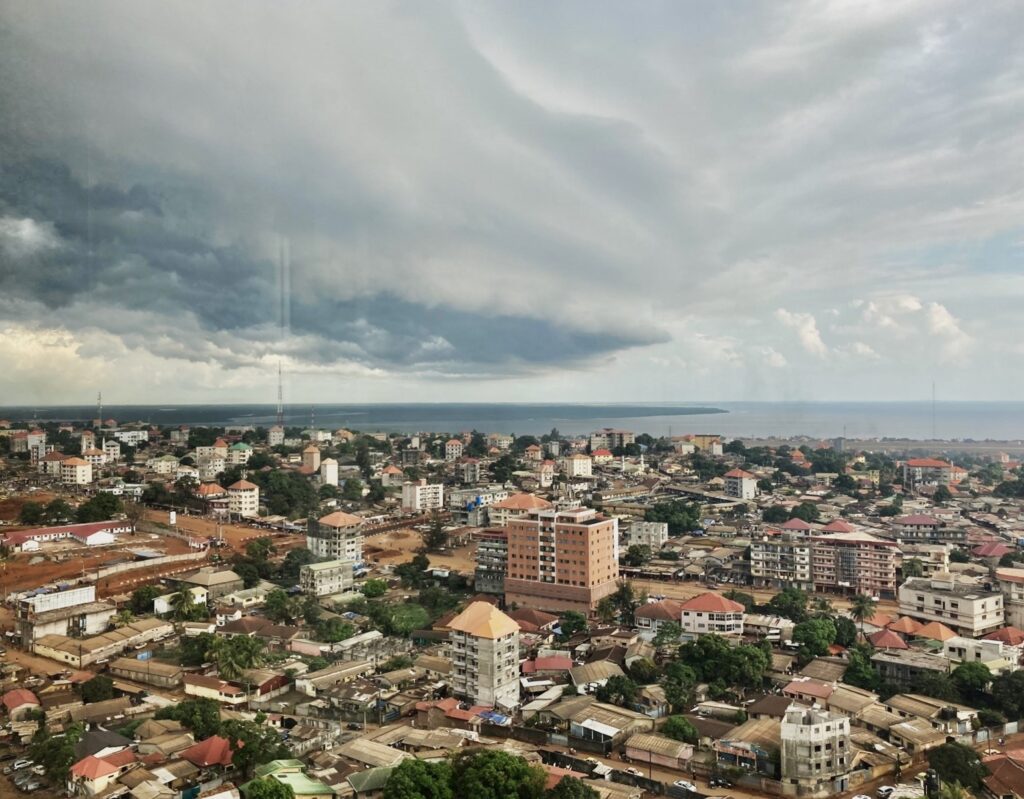
Choose Guinea for its vast natural resources, housing a quarter of the world’s bauxite reserves, and more. Agriculture, vital for rural development, ensures income for households like yours. Despite political challenges, the ongoing infrastructure enhancements in Guinea signal promising economic growth for you to tap into.
Pros:
- Harness Resource Wealth
- Attract American Company Presence
- Unlock Hydropower Potential
Cons:
- Face Limited Expatriate Opportunities
- Address Safety Concerns
- Navigate Infrastructure Challenges
- Capital: Conakry
- Currency: Guinean franc (GNF)
- Languages: French (official), Susu, Pular, Kankan
- Opportunities: Mining, agriculture, tourism, government focus on development
- Cost of Living: Lower than Nigeria, basic needs affordable, imported goods expensive
- Safety: Political instability, petty theft, scams, be cautious, culturally sensitive.
Overview of Best West African Country To Live And Work
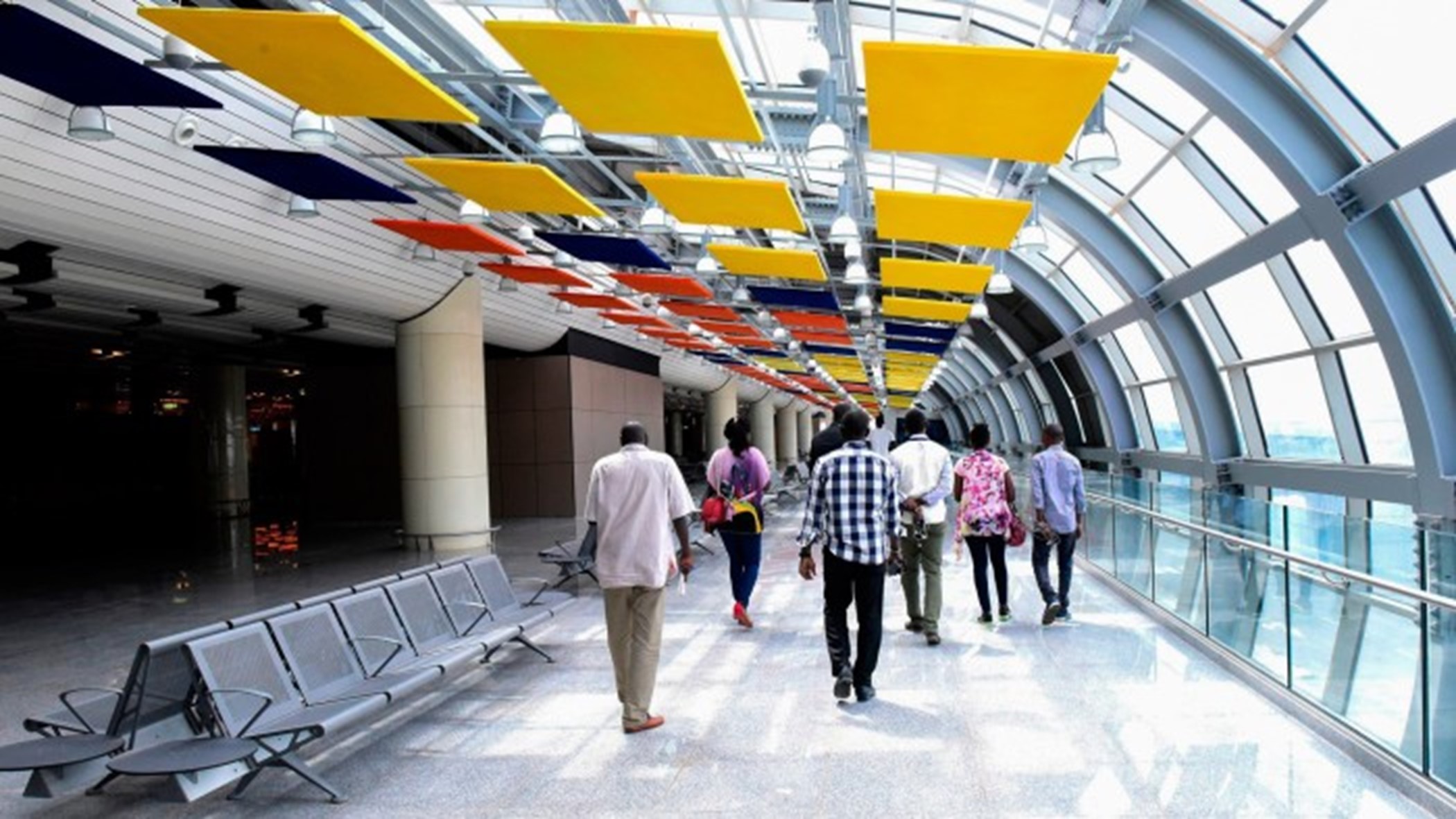
Embarking on a new adventure in West Africa opens doors to a diverse tapestry of cultures and opportunities. With 16 countries to consider, your choice hinges on personal priorities, career goals, and lifestyle preferences.
The overview introduces countries like Ghana, celebrated for its stability and diverse job market, Senegal, known for its relaxed atmosphere and thriving art scene, Rwanda, often hailed as the “Singapore of Africa” with a focus on sustainability, Côte d’Ivoire, blending a dynamic economy with rich cultural traditions, and Cape Verde, offering stunning landscapes and a growing tourism industry. Each country presents unique pros and cons, urging you to delve into the specifics, from economic opportunities to cultural immersion, to make an informed decision aligning with your aspirations.
How to Choose the Best West African Country To Live And Work
Remember, there’s no single “best” country. It all depends on YOU. What are your priorities? Craving bustling city life or serene beaches? Seeking adventure or stability? Do your research, considering factors like:
- Lifestyle: Do you prefer cosmopolitan vibes or a slower pace?
- Career: What industries thrive in each country? Does your skillset match job opportunities?
- Cost of living: Can you afford a comfortable lifestyle in your chosen location?
- Language: Are you comfortable learning a new language, or is English fluency important?
- Culture: Dive into local customs and traditions to see if they resonate with you.
Pros & Cons of Best West African Country To Live And Work

Pros:
- Immerse Yourself in Culture
- Ignite Entrepreneurial Spirit
- Enjoy a Warm Climate
- Experience Affordability
- Achieve Personal Growth
Cons:
- Navigate Infrastructure Challenges
- Confront Bureaucratic Hurdles
- Overcome Language Barriers
- Experience Political Instability
- Address Safety Concerns
What to Watch Out For
- Scams: Be cautious of individuals offering unrealistic deals or opportunities.
- Cultural faux pas: Research local customs and etiquette to avoid unintentional offense.
- Health risks: Ensure you have proper vaccinations and travel insurance.
- Limited resources: Be prepared for potential power outages, water shortages, or limited access to certain goods.
- Isolation: Living far from family and friends can be challenging. Build a support network.
Pro Tips
- Build a robust professional network for career growth and support.
- Embrace and respect the local culture to integrate seamlessly.
- Update yourself on the local news and developments regularly.
- Understand the local currency and plan your finances accordingly.
- Learn Basic Local Phrases.
- Be open to new experiences and cultural differences.
- Be patient, adapting to a new environment takes time, so be patient with yourself and the process.
Recap
Embarking on a journey in West Africa opens doors to diverse cultures and opportunities. With 16 countries to consider, your choice depends on your priorities, career goals, and lifestyle preferences. Each country, from stable Ghana to serene Senegal, dynamic Côte d’Ivoire, picturesque Cape Verde, and the laid-back Gambia presents unique pros and cons. Research factors like lifestyle, career opportunities, cost of living, language, and culture.
As you explore, remember there’s no single “best” country – it’s all about what resonates with you. Immerse yourself in the culture, ignite your entrepreneurial spirit, and experience personal growth while navigating challenges. Build a professional network, embrace local customs, stay informed, and be open to new experiences. Your West African adventure awaits, tailored to your aspirations.





